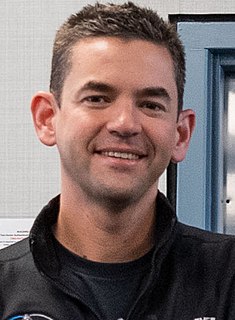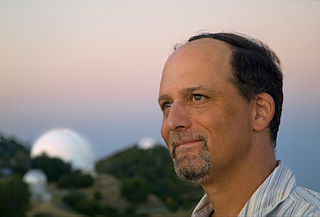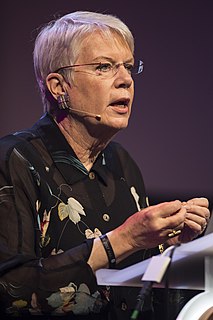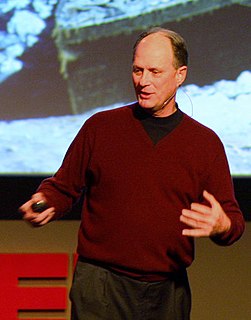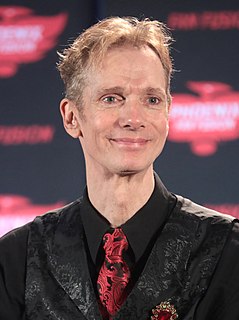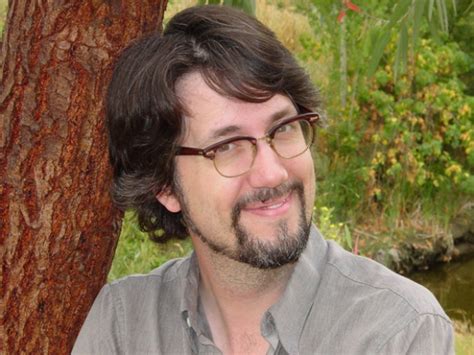A Quote by Seth Shostak
Diminutive worlds are more likely to be rocky, and lapped by oceans and atmospheres. In the vernacular of 'Star Trek,' these would be M-class planets: life-friendly oases where biology could begin and bumpy-faced Klingons might exist.
Related Quotes
A major puzzle for which nobody has an answer is this: is there some size at which the planets change their nature from water-rich planets like Neptune, to rocky planets like the Earth? We have found two planets that are the size of the Earth in radius, but they are very close to their host star, so water on the surface would evaporate away.
The fact that this chain of life existed [at volcanic vents on the seafloor] in the black cold of the deep sea and was utterly independent of sunlight - previously thought to be the font of all Earth's life - has startling ramifications. If life could flourish there, nurtured by a complex chemical process based on geothermal heat, then life could exist under similar conditions on planets far removed from the nurturing light of our parent star, the Sun.
It really was not that difficult a process, because I was playing [Data from Star Trek] something that doesn't exist. So it was really based on... Imagination was the key element in that, and whatever I could think of, I could do, because there was no precedent for it. It wasn't like someone was going to say, "Well, an android would never do that." They didn't know!

